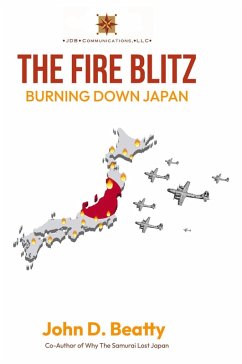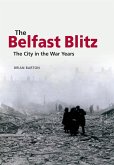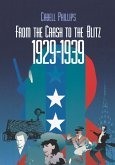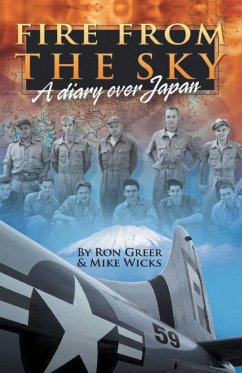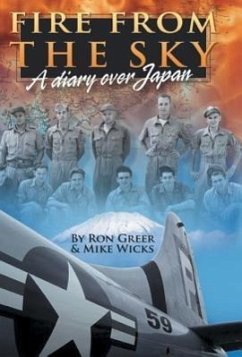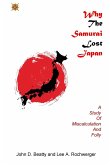February 1945. World War Two is entering its sixth year. In Europe, Germany is on its knees, its shattered cities in ruins, battered by clouds of bombers attacking day and night. In the Pacific, the war has been raging for just over three years-the island battles producing rivers of blood-but only a handful of bombs have fallen on Japan. The Boeing B-29 Superfortress, the most sophisticated airplane in the world, was the only airplane that could persuade Japan that resistance is futile. But in the six months since the Superfortress's combat debut, Japan remains undaunted and unharmed by the bombers. Why? Logistics, weather and urban layout. The logistics are a matter of distance. The distance between the Pacific airfields and Japan is four times greater than that between English airbases and Germany. The weather over Japan, unlike the relatively calm European skies, has an almost constant cloud cover ... plus the jetstream, a howling zephyr that blows bombs off course from the B-29's bombing altitude. Japan itself, unlike Germany, has much of its weapons production scattered throughout the civilian urban landscape; concentrating on Japan's large factories isn't nearly enough to stop production. Hap Arnold, the Army Air Force's boss, has staked everything, including his reputation, on proving that a land invasion of Japan can be avoided using the Superforts, a weapons program more costly than the atomic bombs. But they and their unimaginative martinet of a commander aren't getting it done. So Arnold brings in Curtis LeMay, a general known as a real operator. Sharing Arnold's belief that a slogging land war can be avoided, LeMay looks at the problems and devises a solution with tactics that throw away all the books, even some he helped write. To win, the B-29s would conduct a Fire Blitz, and burn down Japan. 9 March 1945 Mere seconds after the sirens started, searchlights lanced the dark night with their probing, piercing fingers of light, and the antiaircraft guns began firing... And the Fire Blitz began...

